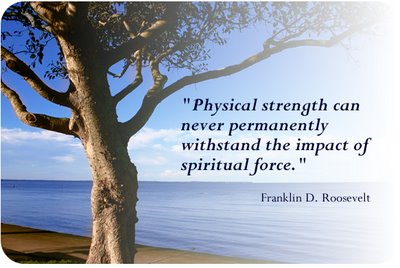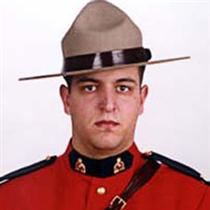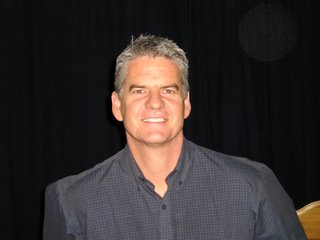I was saddened to read the newspaper today. Come to think of it I am saddened every day to read the paper. The two primary articles on the front page of the Edmonton Journal featured cops and violence, in two very different, yet equally tragic set of circumstances.
The first article highlighted the very real danger that police officers face every day they don the uniform. Two mounties were shot and in serious condition in Saskatchewan. We don't at this point know why, or how, it happened. A manhunt is on for the shooter, an obviously very troubled man, who, by all descriptions would be very easy to revile. I was struck by the sympathy and support of his family who publicly reached out in sorrow to the RCMP victims, their families, and co-workers. Indeed, it would seem, that their own hearts must be breaking as they think of their son, on the run, hunted like an animal, scared, confused, hardened and full of hate. The question begs to be asked. As a five or ten year old boy, playing, laughing, learning, did anyone believe that this would be his destiny? What went awry? What circumstances in his own life caused him to become what he is today? So many questions. Questions most people don’t ask, or don’t care to ask, as we often thirst for justice, if not vengeance and believe that this will bring healing.
The next story involved allegations of assault by members of the Edmonton Police Service. “ New Charge of Police Brutality” the headline screamed, seeming to ride the wave of public discontent over situations of apparent excessive force during the Whyte Avenue celebrations of the Oilers Stanley Cup run.
A carjacker was taken down after a short police chase and an Edmonton Journal reporter observed several officers subduing the male, with he and other witnesses describing excessive kicking and punching, as they did so. The man then suffered what has been called “ a medical episode” and the police began to perform CPR on him. Edmonton Police Service Chief Mike Boyd has called in the Calgary police to investigate. As an added irony to the intertwining of these stories (and they do relate to one another) the EPS did not ask the RCMP to investigate this occurrence; their normal course of action in these situations, due to the manpower strain in the Spiritwood, Saskatchewan manhunt.
There is a tension in these two stories that is difficult to reconcile. Clearly in the first story there seems to be a cut and dried “ good guy/bad guy” situation. It is much easier to cheer, hope and pray for the RCMP members full recovery and then turn our sights on to the perpetrator of these acts, and perhaps get caught up ourselves into a cycle of hate that can tend to feed itself in group anger and confusion and sometimes dangerously spiral into a pack mentality that is certain to have negative consequences. Perhaps this was the dynamic at play in the second story.
In my own naivite and worldview it used to be quite a simple issue of lawful acts and unlawful acts, cops and criminals, us and them. My worldview, of course, has since been shattered and I have found it necessary in my quest for answers to come to understand the essence of the human condition.
Good and evil can no longer be delineated by a uniform, a judge’s robe, a pastor’s pulpit, or a journalists pen. Good and evil cuts through each and every one of us. With our internal desire for goodness comes our capacity and propensity for evil. This is the struggle of the human heart. It always has been and always will be.
The quest for redemption often comes in our times of trauma. Consequences of our own actions can be used as a wake up call. A call that tells us that something is seriously wrong inside and I need change, a soul change. Consequences often come from the physical actions of our anger and hatred. Our laws protect others from those actions, often resulting in penalties designed to deter and, hopefully, rehabilitate.
There will be consequences for the man who shot the police officers. There will be consequences for police heavy handedness.
Consequences are a good thing. I have gone through many myself, deservedly so. Thoughts and actions of vengeance and hate and malice towards another human being ( whether they be a police officer or a gunman ) are not desires for justice or natural consequence. They are, however, reminders for all of us of our own capacity to inflict pain and suffering on another human being, our own capacity for evil, whether that be in thought or deed. They are reminders of the dark side of our own humanity in desperate need of healing.
This is why I choose to support officers going through the pain and alienation of police disciplinary actions. Helping one face and come through the natural consequence of their own actions and behaviours brings hope and healing. Writing an officer off because they have messed up just continues the cycle of anger, frustration and bitterness… and has no redemptive quality to it, other than possibly protecting the sacred cow of policing; the protection of image at all costs. That is not justice, that is pride, and in the words of C.S. Lewis “ pride leads to every other vice.”
May justice prevail in these two stories, but more importantly, may mercy prevail all the more.





